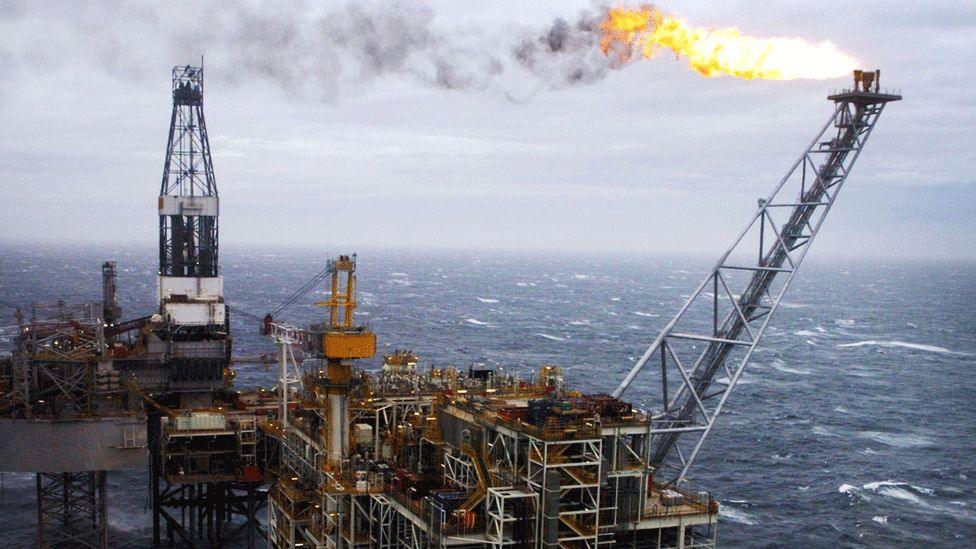Why Cambo oilfield is a difficult gamble for Shell
- Published
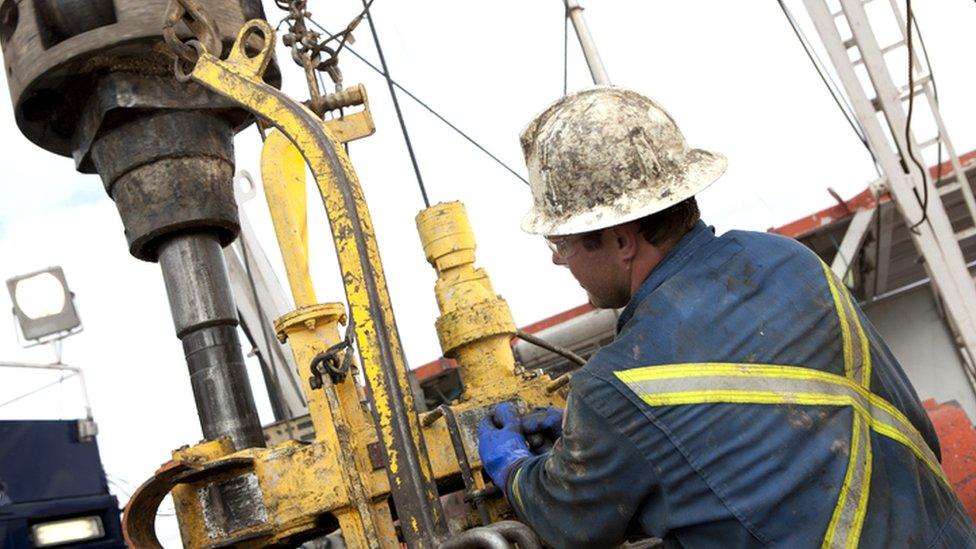
The world of oil and gas is not normally a reactive one - usually things happen at a snail's pace.
So it's a surprise to hear that after just three months Shell is considering reviving its controversial Cambo project.
Much has changed in just a few weeks, with energy prices suddenly rocketing, but this is still a difficult gamble for them.
Shell and Siccar Point Energy are not commenting officially on the reports.
Be in no doubt that the reason it was shelved by Shell - as the minority stakeholder - was because of the reputational kicking the company was getting.
Chief executive Ben Van Beurden has spoken of his ambition to be a net-zero emissions business by 2050, which Greenpeace described as "grotesque and delusional".
But Cambo had become the key target for environmental lobbyists in 2021 as world leaders gathered in Glasgow for the UN climate change summit, Cop26.
The following month, Shell walked away from Cambo by announcing they were no longer willing to invest.
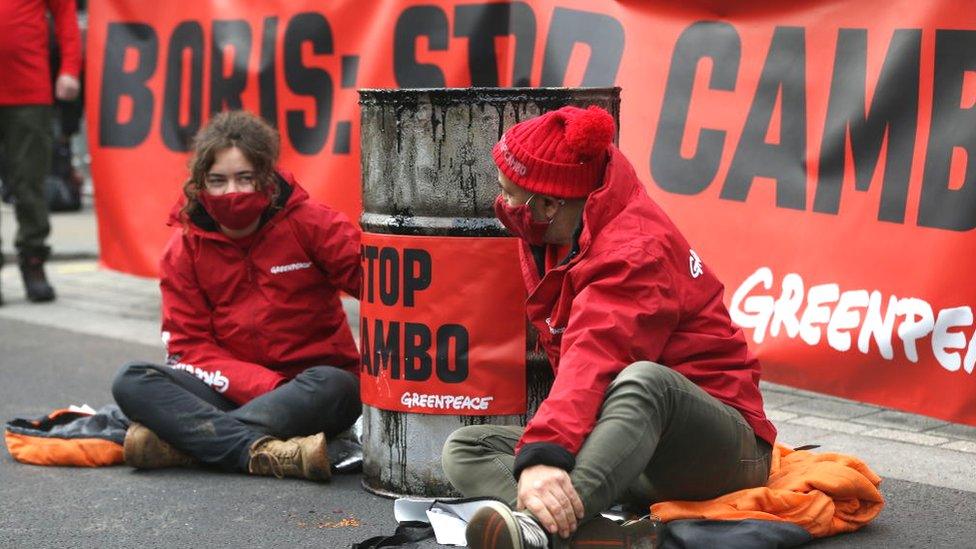
Cambo has been a key target for environmental lobbyists
Sitting west of Shetland is a large and profitable oil field and, even with the price at $70 a barrel, it was going to rake in the cash.
Clearly it's a lot more lucrative now that same barrel can attract a $115 price tag.
But this is not just about the dosh, it's about a rapidly changing world where people are panicking about where their energy is coming from.
It seems clear that this Dutch supermajor is now testing the water to see if opponents still have such a strong and loud voice.
'Little sense'
Their message is the same, with Tessa Khan of Uplift suggesting it makes "as little sense today as it did last year."
Friends of the Earth Scotland said it would "further lock us into a broken fossil fuel energy system that is already unaffordable for millions of households."
But Shell will be banking on those voices being drowned out by a clamour to solve the energy security conundrum with the UK government committed to weening us off Russian gas.
The gap that will be left from that decision is a small one, with just a tiny percentage of our imports coming from Russia.

Analysis by the Energy and Climate Intelligence Unit (ECIU) suggests the North Sea would not actually be capable of plugging that gap entirely.
Their research concludes that investing in large numbers of heat pumps would be a more effective step because it would cut the amount of domestic gas we consume and that would remain a fix even when the gas start to run out.
Any new gas fields sanctioned in the coming months could take five years to begin producing energy, and the ECIU modelling suggests it would dip away from the middle of the 2030s.
Political gamble
This is also a political gamble for Shell because the views of governments at Holyrood and Westminster are so entrenched.
Nicola Sturgeon has been unequivocal that Cambo "should not get the green light."
But speaking last week at the Scottish Conservative Party conference in Aberdeen, Boris Johnson said cutting off oil and gas production would be "crazy".
The gift lies in the UK government's hands, as licensing and regulation are both reserved.
But the bigger gift is in public sentiment, and Shell will be closely watching the reaction to the suggestion that Cambo might be back on.
- Published22 March 2022
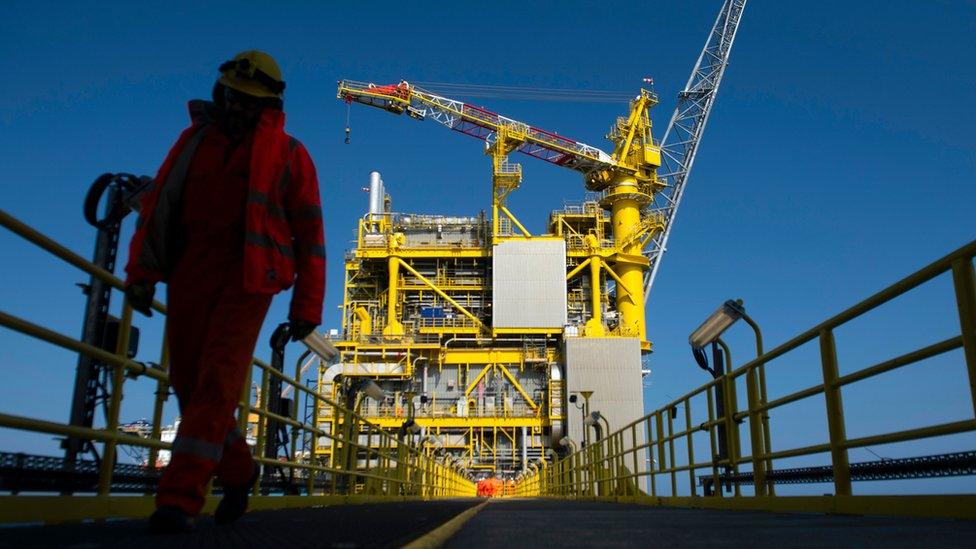
- Published3 December 2021
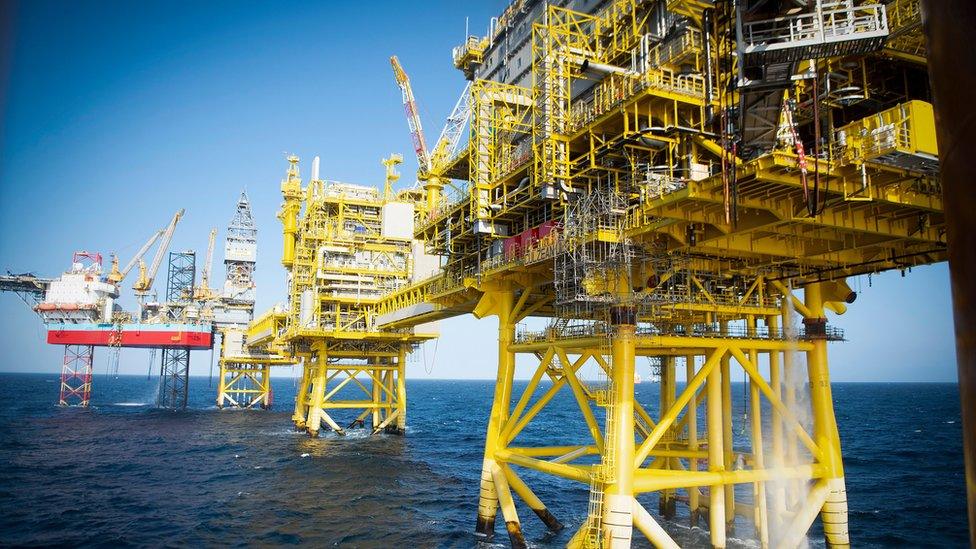
- Published10 December 2021
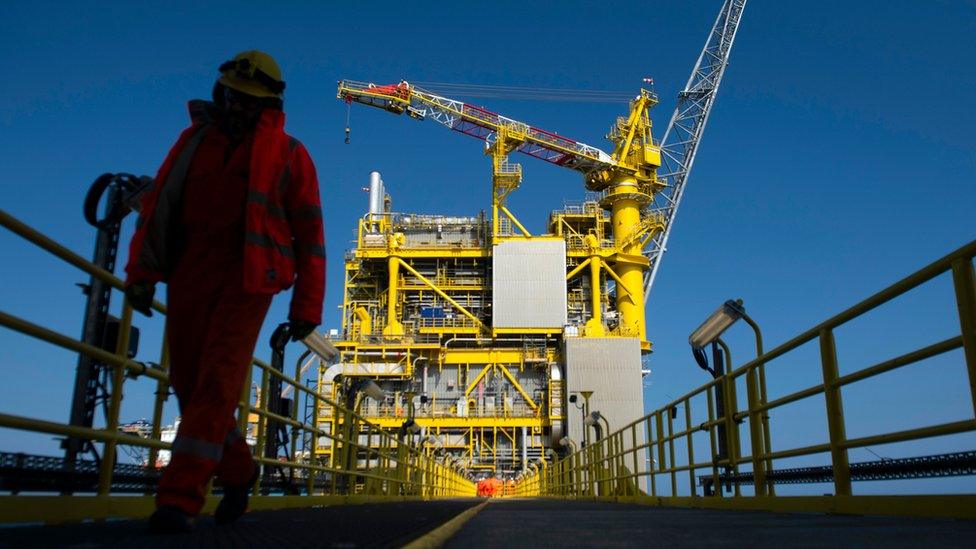
- Published16 November 2021
